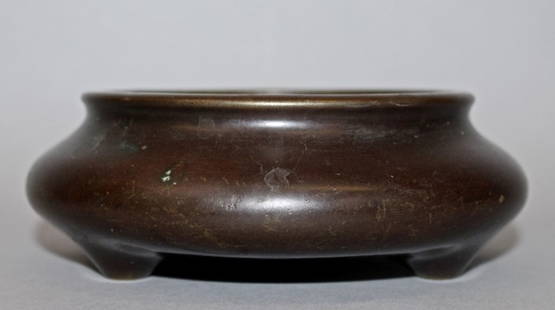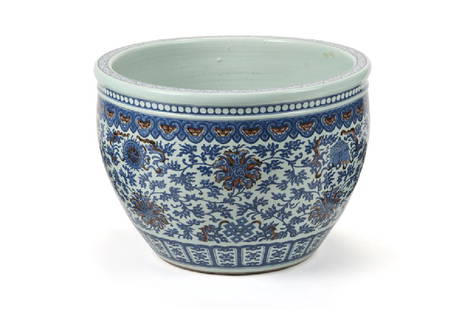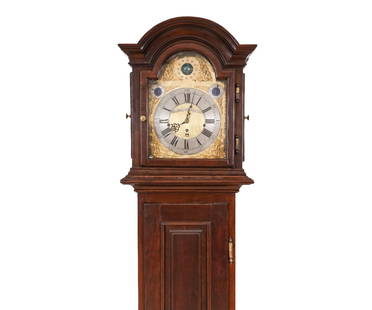
John Wilkes Booth and his Brother Edwin Booth 4 CDVs
Similar Sale History
View More Items in Vases & VesselsRelated Vases & Vessels
More Items in Vases & Vessels
View MoreRecommended Decorative Objects
View More





Item Details
Description
John Wilkes Booth and his Brother Edwin Booth CDVs and Cabinet Cards
JOHN WILKES BOOTH and EDWIN BOOTH. Cartes de visite and Cabinet Cards. Carte de visite Photograph of John Wilkes Booth, ca. 1862, Boston; reprinted Washington, D.C., 1865, with text “John Wilkes Booth, the Asassin” beneath image, 2.5ʺ x 4ʺ. Carte de visite of Edwin Booth, ca. 1870s, 2.5ʺ x 4.125ʺ, and Cabinet Cards of Edwin Booth in costume, ca. 1878, New York, 4.25ʺ x 6.5ʺ. All very good.
The first carte de visite shows John Wilkes Booth as he appeared a few years before he assassinated President Abraham Lincoln to avenge the South for the failure of the Confederacy. The original photograph was taken by Silsbee & Case of Boston in 1862. The photograph was widely reproduced in the aftermath of the assassination and given to search parties looking for Booth.
The carte de visite and cabinet cards of Booth’s older brother Edwin Booth show him at the height of his career in the 1870s. Although Edwin Booth was a Unionist during the Civil War, his brother’s actions brought infamy to the family name for a time. The Cabinet cards, produced by Sarony and Rockwood, respectively, show him in costume in New York City.
John Wilkes Booth (1838-1865) was born in Maryland as the illegitimate son of the British Shakespearean actor Junius Brutus Booth and his mistress Mary Ann Holmes. He began his theatrical career at age 17 in Baltimore in August 1855, with a supporting role in Richard III, but did not begin regular appearances until two years later. He was soon acting in scores of plays and earning enough to become wealthy. Between August 1857 and May 1864, Booth gave hundreds of performances in cities throughout the dividing and divided nation. During the first half of 1862, he made his stage debut in leading roles in Chicago, New York, and Boston. When family friend John T. Ford opened his new theatre in Washington in November 1863, Booth was one of the first leading men to appear there. He delivered the final performance of his acting career there on March 18, 1865. A strong opponent of abolitionists and supporter of an independent Confederacy, Booth formulated a plan to kidnap President Abraham Lincoln and recruited Confederate sympathizers in 1864. When Union forces captured Richmond and Robert E. Lee’s Army of Northern Virginia surrendered, Booth’s kidnapping plan was no longer feasible, and he changed his goal to assassination. He shot Lincoln in the back of the head on the evening of April 14, 1865, then fled on horseback into Maryland. Twelve days later, Union troops surrounded Booth at a farm in Virginia and killed him.
Edwin Booth (1833-1893) was born in Maryland, the son of famous actor Junius Brutus Booth (1796-1852) and the older brother of John Wilkes Booth. He performed on stage alongside his father beginning in 1849. After his father’s death, he went on a worldwide tour and gained his own fame. From 1863 to 1867, he managed the Winter Garden Theatre in New York City. Ironically, Edwin Booth saved Abraham Lincoln’s oldest son Robert Lincoln’s life in Jersey City, New Jersey, when the younger Lincoln was caught between a railroad car and a platform late in 1864 or early in 1865. Booth pulled Lincoln up by his coat collar and saved him from being crushed. After Booth’s brother assassinated President Abraham Lincoln, he abandoned the stage for many months. A Unionist, Edwin Booth disowned his brother and returned to the stage in January 1866 in the title role of Hamlet, which became his signature role. After a fire destroyed the Winter Garden Theatre in 1867, Booth opened Boothe’s Theatre in Manhattan in 1869. The theatre went bankrupt in 1874 in the wake of the Panic of 1873, and Booth went on another worldwide tour, eventually restoring his financial wealth. In 1888 he founded The Players, a private social club for performing, literary, and visual artists in New York City.
This item comes with a Certificate from John Reznikoff, a premier authenticator for both major 3rd party authentication services, PSA and JSA (James Spence Authentications), as well as numerous auction houses.
WE PROVIDE IN-HOUSE SHIPPING WORLDWIDE.
Buyer's Premium
- 25%
John Wilkes Booth and his Brother Edwin Booth 4 CDVs
Shipping & Pickup Options
Item located in Wilton, CT, usPayment

Auction Curated By























































































